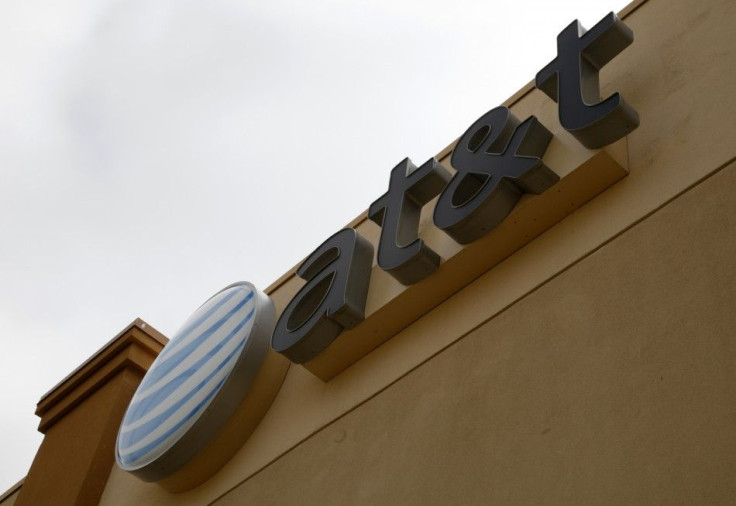AT&T T-Mobile Merger: DOJ Says No and Files Antitrust Lawsuit

The Department of Justice (DOJ) has moved to block the AT&T-T-Mobile merger by filing an antitrust lawsuit.
The DOJ said the proposed merger of the second and fourth biggest wireless carriers in the U.S. would substantially lessen competition for mobile wireless telecommunications services across the country. This, in turn, the DOJ said would increase prices, result in poorer quality services and fewer innovative products for the American consumer.
The DOJ filed the lawsuit in the U.S. District Court in Washington.
The combination of AT&T and T-Mobile would result in tens of millions of consumers all across the United States facing higher prices, fewer choices and lower quality products for mobile wireless services, Deputy Attorney General James M. Cole said in a statement.
Soon after the DOJ released its statement as to why the AT&T-T-Mobile marriage would be a bad thing, Federal Communications Commission Chairman Julius Genachowski did the same thing. In a statement, Genachowski also cited lack of competition as his reason against the merger.
Competition is an essential component of the FCC's statutory public interest analysis, and although our process is not complete, the record before this agency also raises serious concerns about the impact of the proposed transaction on competition, Genachowski said.
The DOJ said that mobile phones play a critical part in the way Americans live with 300 million feature phones, smart phones, data cards, tablets and other devices active in the country today. The four majors - AT&T, T-Mobile, SprintNextel and Verizon - account for 90 percent of the country's mobile service. Jeopardizing this would be too risky, the Justice Department said.
AT&T and T-Mobile compete head-to-head in 97 of the 100 biggest markets in the country.
The DOJ said AT&T felt the pressure from T-Mobile, which is why it made this move. In what seemed like a T-Mobile press clipping, the DOJ outlined several reasons why the company was a viable threat (its 4G network, it was the first to use Android, etc.). The bottom line: AT&T was scared of T-Mobile and made this move.
In a statement, AT&T expressed disappointment. The company says it plans to ask for an expedited hearing so the benefits of this merger can be fully reviewed.
AT&T defended the merger saying it would solve the nation's spectrum exhaust situation, expand 4G LTE network availability and result in billions in investments and thousands of jobs.
AT&T's shares fell on the news, dropping 4.46 percent or $1.32 per share. Sprint, AT&T and T-Mobile's competitor, saw its shares rise 7.89 percent or 0.28 cents per share after the news came out.
The news may actually work out for T-Mobile. There was a clause in the acquistion that said T-Mobile could gather up to $6 billion if the deal falls through.
Follow Gabriel Perna on Twitter at @GabrielSPerna
© Copyright IBTimes 2025. All rights reserved.





















